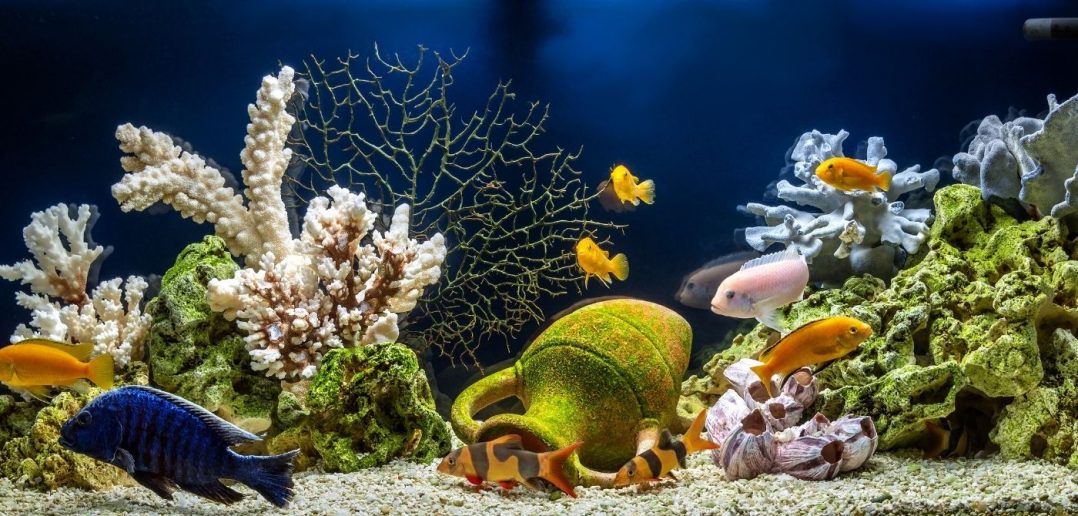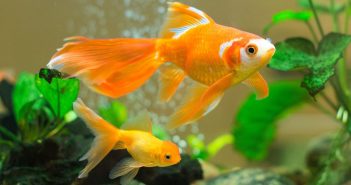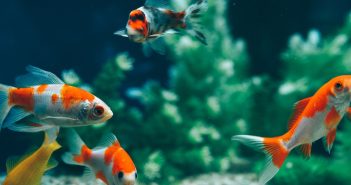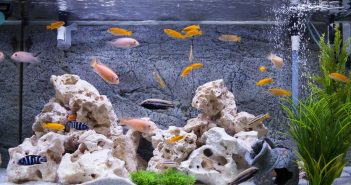Alkalinity, or the ability to buffer acids in an aquarium tank, is more crucial to the setup process than many beginner hobbyists realize. From creating a quality underwater environment to protecting the health of your marine organisms, its role is multifaceted. If you ignore it, your efforts could end up heading nowhere fast. We discuss the importance of alkalinity in your aquarium and what this chemical concentration does for your pet fish and corals.
Maintains the Proper Acidity of a Tank
First, the alkalinity of your tank works to maintain the proper conditions in that underwater environment. Alkalinity allows the water to mimic an ocean or lake effectively and sustain saltwater and freshwater life. People measure it using pH. Typically, you’ll want a pH between 7.8 and 8.3 to keep your saltwater pets happy and thriving. On the other hand, an alkalinity level between 6.5 and 7.5 is ideal for freshwater organisms. However, since pH can rise and fall with the different species you have in your aquarium, you need to find ways to add alkalinity to keep everything stable.
Provides Carbonate and Bicarbonate
Alkalinity is also responsible for supplying a tank with sufficient amounts of carbonate and bicarbonate. In saltwater builds, these chemicals help strengthen and build corals’ exoskeletons. They’re the primary means by which corals grow in an environment, and the right amount of alkalinity is essential for them to thrive in the long run. Freshwater tanks need these substances for creating calcium and protecting your fish from sudden chemical spikes.
Keeps Aquarium Pets Healthy
Alkalinity also keeps your underwater life healthy. Ultimately, the importance of alkalinity in your aquarium comes down to this fact. As stated, alkalinity regulates pH, carbonate, and bicarbonate levels. So, if alkalinity is too high or too low, your organisms can become sick. Freshwater fish are especially sensitive to these changes in their environment. Because of this, you must test your water frequently. Should it test too high, advice from World Wide Corals can help you bring alkalinity back under control.
Alkalinity doesn’t just bring your tank water to proper environmental parameters; it also acts as the source for many essential nutrients for your marine pets. As such, when you’re building your next tank, you must not overlook this aspect. The more effort you put into maintaining your tank’s alkalinity, the better off your aquarium will be over time.




